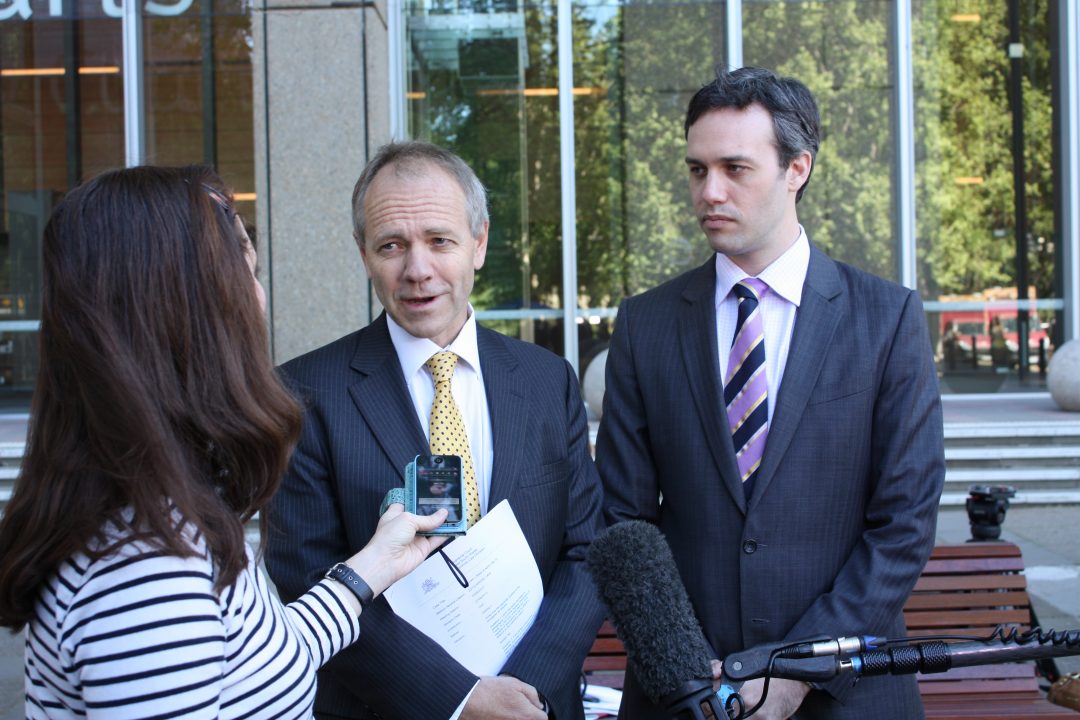
NSW Police have unlawfully imprisoned a large number of young people over the past several years, the Supreme Court found today, in the class action Konneh v State of NSW, jointly run by the Public Interest Advocacy Centre (PIAC) and Maurice Blackburn.
The judgment paves the way for the young people to be compensated and highlights the urgent need for the system to be fixed.
The class action was commenced in 2011 after PIAC became aware that children and young people were being detained as a result of inaccurate or out-of-date information on the NSW Police computer system known as COPS (Computer Operational Policing System).
‘One our clients was arrested, handcuffed and strip-searched on three separate occasions over a two-week period. He was held in custody over night on each occasion. Even though he was 14 at the time, NSW Police did not contact his mother,’ said Edward Santow, CEO of PIAC.
‘For many years, we have been calling on NSW Police to fix their computer system and compensate the victims. The Court’s decision makes clear that bail information on COPS is unreliable. NSW Police Officers cannot rely solely on this information to arrest and detain a young person they believe has breached bail,’ Mr Santow added.
‘This is a great win for the young people involved, some of whom were only 14 at the time of their arrest. They endured hours in a police cell, often held overnight, for no lawful reason,’ said Ben Slade, NSW managing principal at Maurice Blackburn.
The ‘separate question’ hearing on 2 September 2013 considered issues that are at the heart of the class members’ claims. The Supreme Court was asked to examine how a certain section of the Bail Act, which gives powers to police to arrest people for breach of bail, should be interpreted.
The key issue related to those class members who were not on bail at all at the time they were arrested. The Court decided that NSW Police have no excuse for arresting these young people and depriving them of their liberty.
‘Depriving a person of their liberty can cause serious harm, especially to a young person. In this case, the Court has re-affirmed this very important principle,’ Mr Santow said.